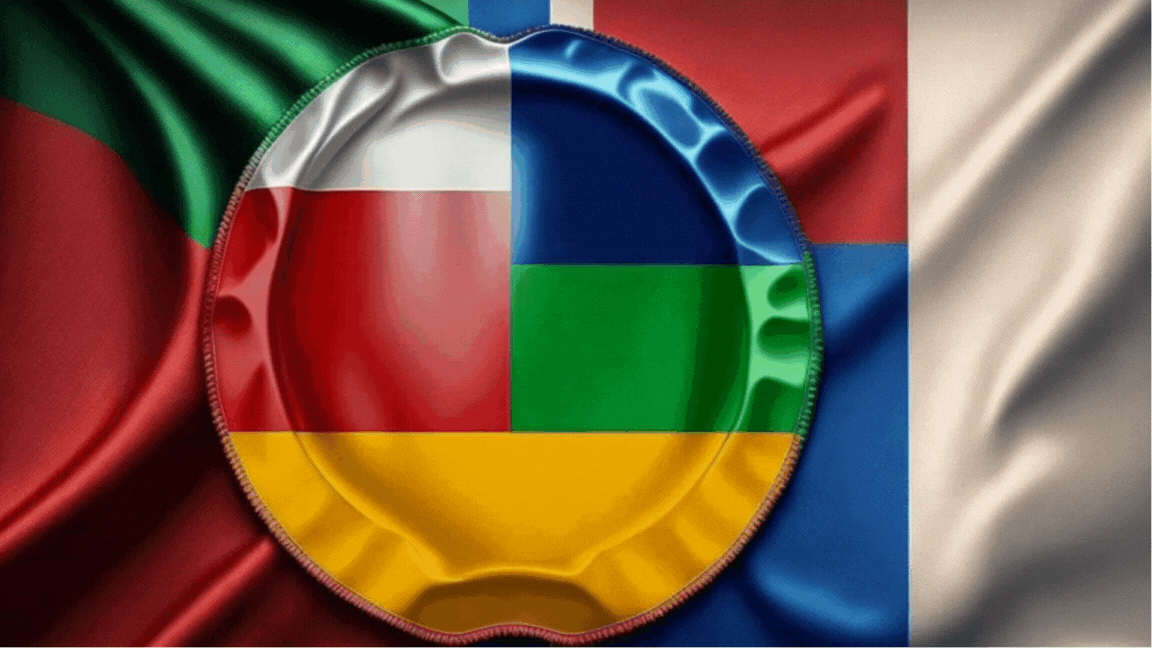The Latin American Report # 539

The highest military judicial authority in Brazil has stepped forward to defend the legitimacy and legality of the proceedings involving former president Jair Bolsonaro, in response to Donald Trump’s threats to impose 50% tariffs on all Brazilian products should the trial —which is taking place in the Supreme Court— continue. Trump addressed his letter to Lula, but, in principle, the Brazilian leader has no direct influence over the judiciary—although it is known that he does have some muscle to steer certain agendas.
“The reality faced by Brazilian society, as well as moments of tension caused by absurd and unprecedented foreign intrusions, demand a firm and courageous stance from the Judiciary,” said the Superior Military Court in a statement. This came in support of another statement previously signed by the president of the Supreme Court, affirming that in the South American giant, “only what constitutes a crime is repressed.” We’ll see how this saga ends. Several of Trump’s tariff threats have not materialized, but rarely has the hurdle to be cleared by the targeted countries been so objective (“abandon the witch hunt,” that is, drop the legal proceedings) and so difficult. This could be seen as a negative factor for Trump himself, as it leaves little room for him to accept any action by Brazil aimed at preventing the tariffs from coming into effect on August 1.
In Mexico’s case, things seem to be going well. This was stated by president Claudia Sheinbaum earlier today: "There is an agreement practically finished with the United States Government, coordinated by the State Department on security issues. Sovereignty is clear, the territoriality of each of us is clear, and coordination and collaboration frameworks are established. It’s an agreement that is practically done."
Ecuador
Daniel Noboa’s government plans to call a new referendum this year to consult on certain issues that are —or that he intends to place— on the public agenda. Of all those planned, I’m particularly interested in the issue of reinstating foreign military bases, and specifically an American one, in this once quiet South American nation. The argument, which would reverse a constitutional provision encouraged by former president Rafael Correa, now living in exile in Brussels, is that the measure is needed to fight organized crime. Until 2009, the United States had a military base in the coastal town of Manta, Manabí, one of the areas most affected by violence, along with other districts in the also coastal provinces of Guayas —the most battered— and El Oro.
That organized crime is a serious problem in Ecuador, especially because of all the blood spilled as result of its developments, is undeniable, but sometimes it seems to me childish and a sign of lack of character not just to suggest but to defend that you particularly need this kind of support to tackle the problem. In this sense, I ask myself the following questions. To what extent has Ecuador mobilized all its internal forces—not just police and military but also political, economic, and social—in an intelligent, coordinated, and integrated way to make real progress in the fight against organized crime? To what extent would the return of the United States military to Manta lead to concrete, tangible results in that necessary battle, and to what extent would it instead be a concession aimed at pleasing whoever is in the White House at the moment?
